VA Introduces Nationwide Surgical Initiative: A Step Forward in Veterans’ Care?
The Department of Veterans Affairs (VA) has introduced a new initiative, known as “Surgical Pause,” aimed at improving surgical outcomes for Veterans across the nation. This innovative approach, recently recognized with the John M. Eisenberg Patient Safety and Quality Award, focuses on conducting a swift frailty assessment to identify high-risk patients before surgery, thus enabling tailored and safer treatment plans.
Understanding the Surgical Pause
The Surgical Pause involves a 30-second risk analysis index to screen Veterans for frailty, highlighting those who may face greater risks during surgery. The initiative is designed to align treatment plans more closely with each Veteran’s health goals and reduce the likelihood of postoperative complications. While the approach marks a proactive step towards personalized patient care, its effectiveness and broader implementation warrant ongoing observation to ensure it consistently benefits all Veterans in need.
Evaluating the Impact
A study published in JAMA Surgery sheds light on the potential benefits of the Surgical Pause, noting a decrease in one-year mortality rates from 20.2% to 16% among a sample of over 50,000 patients. This data suggests that the initiative could be making strides in the right direction, offering a model that other healthcare systems might learn from. While these improvements are promising, continuous monitoring and evaluation are necessary to fully understand the long-term impact of the Surgical Pause on veteran care.
The VA’s Commitment to Veteran Healthcare
Dr. Shereef Elnahal, VA Under Secretary for Health, has expressed strong support for the nationwide rollout of the Surgical Pause, emphasizing its significance in the VA’s dedication to delivering high-quality, world-class healthcare for Veterans.
“The Surgical Pause is an innovative, data-driven clinical practice that saves Veterans’ lives by predicting and preventing complications before they happen,” said Dr. Elnahal. “We are thrilled to be rolling out the Surgical Pause across the nation as a part of VA’s steadfast commitment to providing Veterans with the high-quality, world-class health care they deserve.”
The initiative’s recognition and the VA’s reported healthcare achievements highlight the department’s efforts toward enhancing the quality of care. Yet, it remains essential to identify and tackle the challenges the VA faces in providing prompt and effective healthcare services to build trust and safeguard the well-being of Veterans.
Future Directions and Accountability
Led by Dr. Daniel Hall from the VA Pittsburgh Healthcare System, the Surgical Pause initiative is part of a broader strategy to improve surgical care within the VA. As it expands, the effectiveness of this initiative in meeting Veterans’ needs and its integration into the broader spectrum of VA healthcare services will be key factors in its success. Monitoring, feedback from Veterans, and adaptive strategies will be crucial in addressing any emerging challenges and optimizing care for those who have served.
Final Thoughts
The Surgical Pause initiative represents a significant effort by the VA to enhance surgical care and outcomes for Veterans. While it is a step in the right direction, continuous evaluation and adaptation are necessary to ensure that it truly benefits Veterans nationwide. The focus must remain on improving healthcare services, reducing risks, and meeting the diverse needs of Veterans, thereby upholding the VA’s commitment to those who have served.
FAQs about the VA’s Surgical Pause Initiative
What is the Surgical Pause?
The Surgical Pause is an initiative implemented by the Department of Veterans Affairs (VA) aimed at improving surgical outcomes for Veterans. It involves a quick, 30-second screening to assess a patient’s frailty and risk factors before undergoing surgery. This allows the medical team to tailor treatment plans that align with the Veteran’s health goals and mitigate potential risks.
How does the Surgical Pause benefit Veterans?
The Surgical Pause benefits Veterans by identifying and mitigating potential surgical risks before they occur. By focusing on the individual health needs and goals of each Veteran, the initiative aims to reduce postoperative complications, lower mortality rates, and enhance overall patient care and satisfaction.
Where is the Surgical Pause being implemented?
The Surgical Pause initiative has been launched in 50 VA facilities and is currently rolling out across the nation. It is part of the VA’s ongoing efforts to improve healthcare services for Veterans and ensure that they receive the best possible care.
Has the Surgical Pause been proven effective?
Yes, according to a study published in JAMA Surgery, the Surgical Pause has shown promising results. Between July 1, 2016, and May 31, 2019, there was a reported decrease in one-year mortality rates from 20.2% to 16% after the implementation of the Surgical Pause among a sample of over 50,000 patients.
How can Veterans learn more about the Surgical Pause or determine if it is right for them?
Veterans interested in learning more about the Surgical Pause or understanding how it might apply to their care should speak with their VA healthcare provider. Additional information is also available on the VA’s website, particularly on the Surgical Pause information page, where Veterans can find resources and contact details for further assistance.
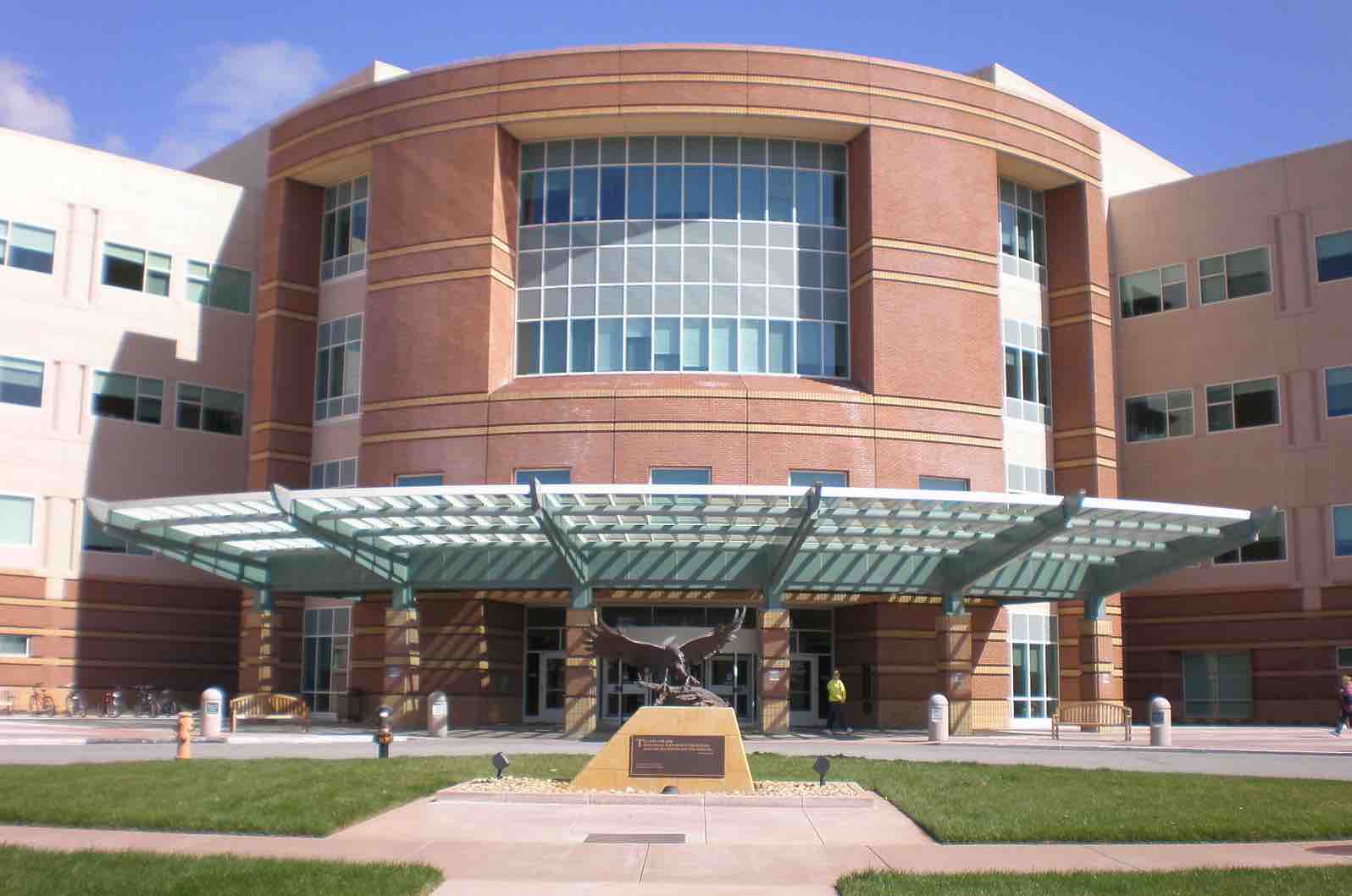
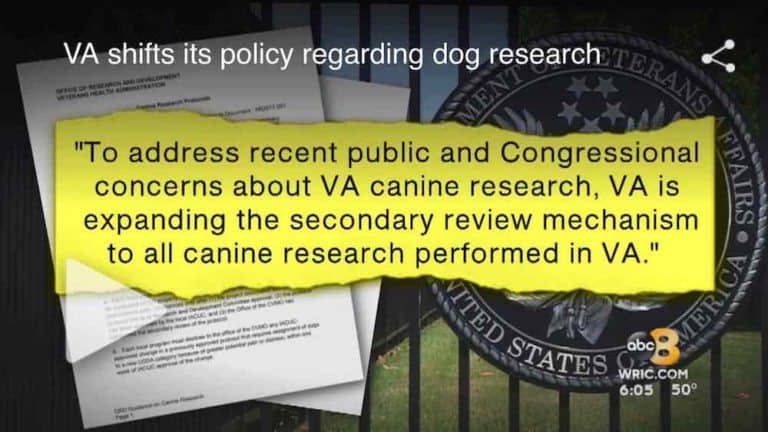
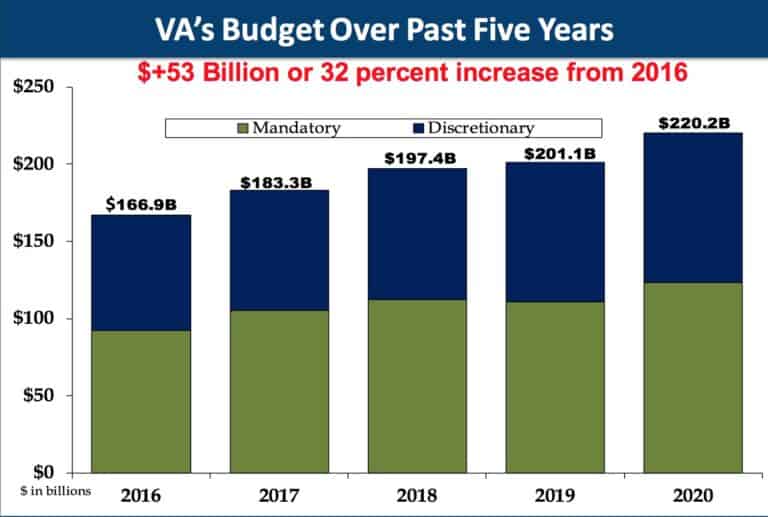
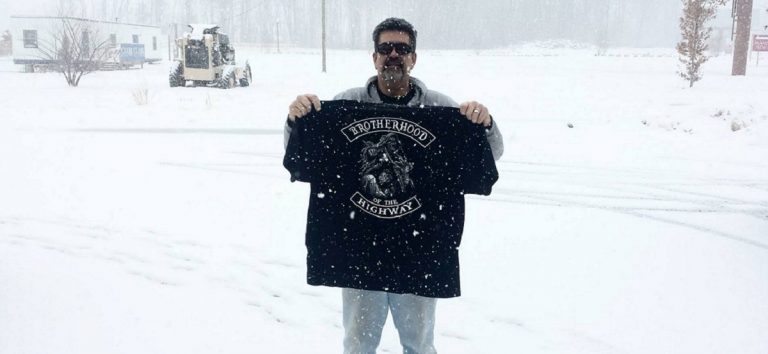
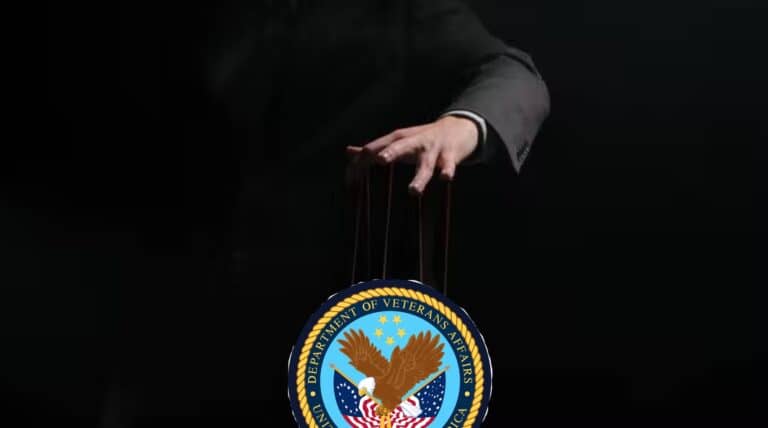
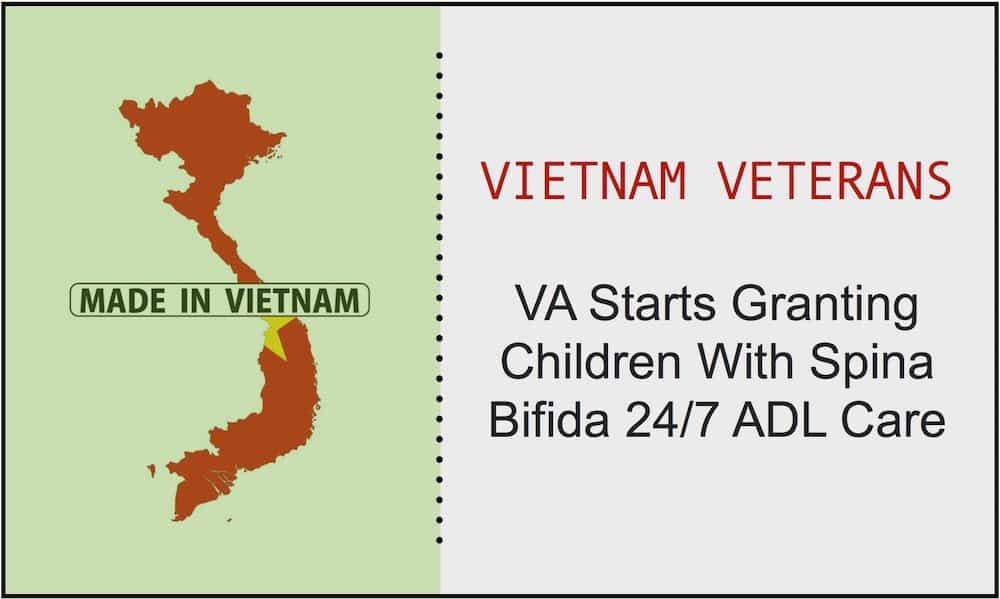
Just another assessment that will be documented but not done or barely done with seriousness. My Electronic record is filled with such screenings that were not actually done. Anybody allowing the VA to operate on them instead of a Quality Community Care Provider is gambling with their life. Healthcare Provider 30 years. I know what I’m talking about.
30 seconds? This will be more assessments that aren’t done but documented they are which is fraud. My EMR is littered with these type assessments and more false documentation. I’ve reviewed charts in hospitals all over the US 30 years as a frontline healthcare provider including the VA and a VA patient. VA fraudulent documentation is rampant and has become normalized and higher ups know about it and look the other way while giving lip service.
They treat the chart better than they treat the patients making themselves sound very professional and thorough. This is my experience and to be honest it happens outside of they VA. There are always exceptions to this.
Overall outside of the VA there is a pressure document accurately but this is the opposite in the VA because the VA is VA centric meaning document whatever makes the VA look good. This is a serious infraction that has become normalized.
I call it Fairy Tale documentation.
What a Veteran can do is read their medical record through the blue button on HealthEVet but ALSO Get a CD and free updates on CD from Medical Records which includes important communications not included in the Blue Button, scanned in files and Crisis Call notes.
You can clarify inaccuracies through sending a message to your provider which should also be added to documentation but double check because I’ve seen messages omitted or added very late.
You can go through the privacy officer as well to have a note updated, report serious fraudulent notes to the Boards of Nursing or what ever board, the OIG and your Rep or Senator. Also the Joint Commission who certifies all VA Healthcare facilities.
If Veterans form collectives at each facility as well as network with other facility collectives you won’t be soooo alone reporting these things among others. There is power in UNIFIED numbers. I emphasize UNIFIED as in one for all and all for one on what is righteous. We should defend together any oppression, neglect, or false information that hurts your fellow Veteran brothers and sisters.
AH HAHA AHHHH they routinely deny people care for all kinds of things while claiming to be expanding care. The cocksuckers lie, they send people home to waste away in pain instead of do surgery, and then put things like this out claiming that they’re doing the opposite. Wait until the scandals hit the news and of course the class action lawsuits hit the media. People have been suffering and dying because of these fucks and they’ve been lying to everyone.
Unbelievable they continue to expand this corrupt and phoney arrangement. If they just eliminated it, they could issue insurance cards and people could go wherever they please. Then they wouldn’t be forced to endure some of the people they hire there and people wouldn’t be going without healthcare or have to travel hours for anything serious. People taking off work for whole days when otherwise it would be an hour or two locally… sometimes for very little gain health wise. What a drain on this nations resources and boy does it piss people off. One could spend their whole life just fucking around on that merry-go-round.
Too much democracy at VA. They say authoritarian institutions bring poor results… but that’s only if the rights of the Veteran get violated which is precisely the result of all this democracy at VA. They need to be authoritarian with their workforce, especially those who deny care. This should result in immediate termination and not moving people around or sweeping shit under the rug. And if they find that denial of care is because of some political reason, that person should be jailed for fraud. Many complaining about how government is not the answer to heathcare while they themselves creep into these institutions and sabotage and obstruct government. This is worse than sedition. Lack of funding is no excuse because nobody is asking for gold bricks. They’re advertising themselves as a healthcare system and not providing it. That’s the equivalent of false advertising, and because healthcare is involved, that’s a crime against humanity. Also bias attacks on veterans and discrimination is a violation of the Civil Rights Act.